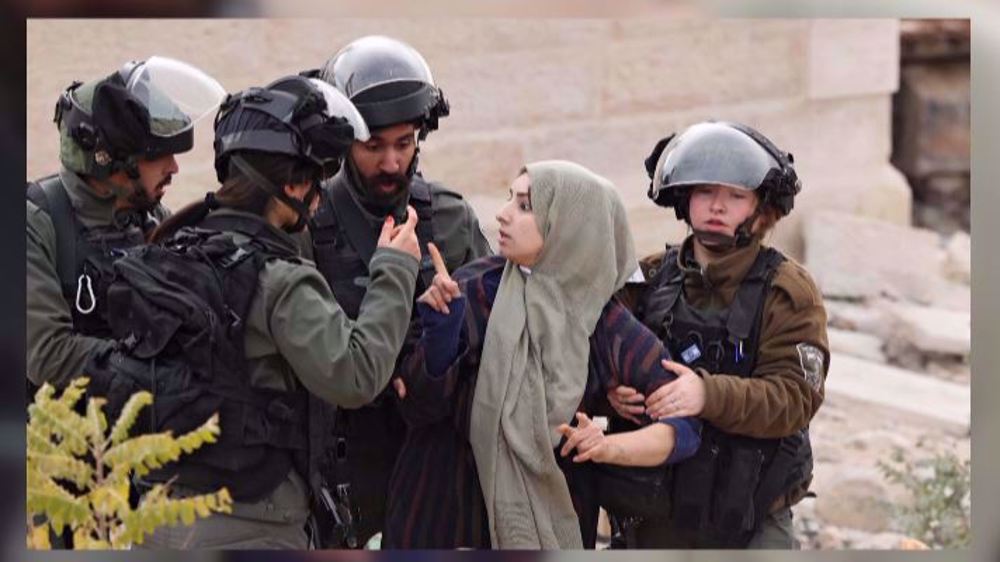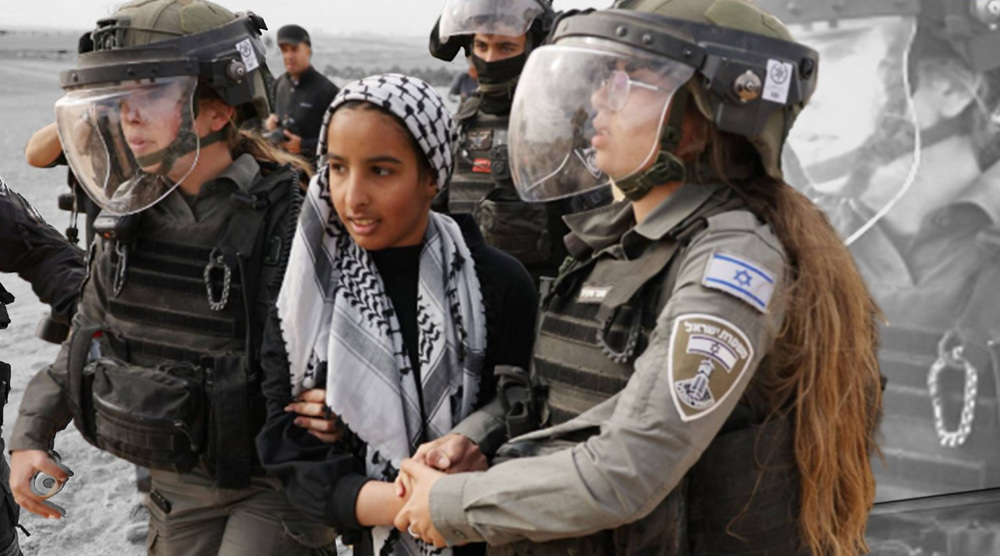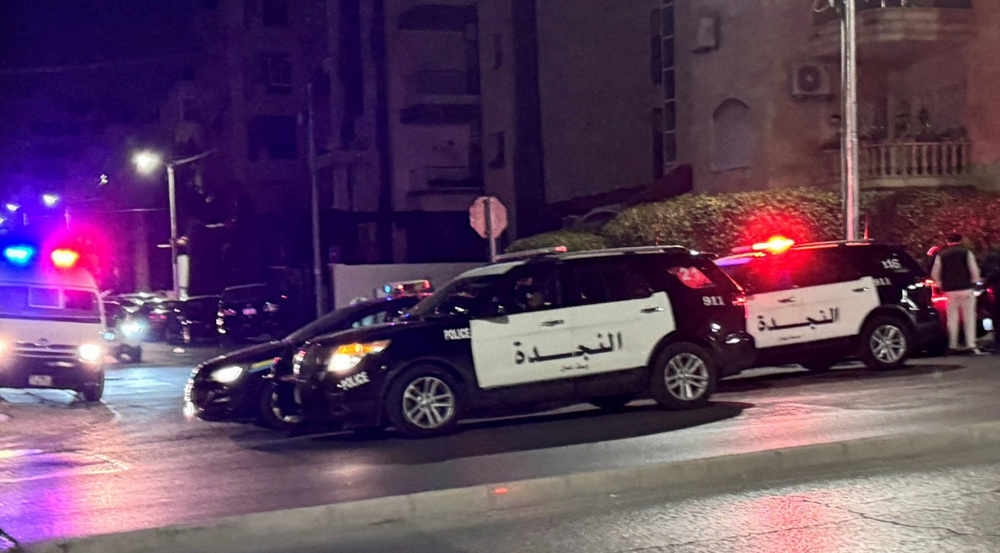French President in Lebanon for Second time since Beirut Blast
Miriam Saleh
Press TV, Beirut
French President Emanuel Macron has made a second visit to Lebanon since a deadly blast in the country's capital Beirut earlier last month. During his visit, he called for the establishment of a new government quickly in the Arab country.
Beirut streets have been once more the scene of violent protests. As some protesters celebrated the 100th anniversary of the founding of greater Lebanon, several others began hurling stones towards the security forces near the parliament.
This coincides with a visit of the French President Emmanuel Macron to Lebanon for the second time in less than a month.
At the Beirut port blast site, Macron met with representatives of the United Nations and civil society organizations tasked to help rebuild the port after the August 4 explosion.
Macron also called on the political class to shoulder responsibilities and urged them to commit to serious reforms within a few months or risk punitive action, including sanctions, if they fail to deliver.
Experts believe the French move was coordinated with the US only to maintain the status quo and keep the situation from further deterioration until after the US presidential election.
Despite the US pressures which managed to cripple the banking sector in Lebanon, observers say it was not capable of turning people against Hezbollah as a result:
French President Emmanuel Macron says Lebanon’s Hezbollah resistance movement is part of the Arab country’s political system and is represented in parliament.
The French president has described Hezbollah resistance movement as a political force representing the Lebanese parliament. He told reporters he was ready to organize a second international aid conference for Lebanon in October as part of efforts since the August 4 blast.
Hezbollah and its allies won more than half of the seats in Lebanon’s parliament in the 2018 general elections.
Last month, the international community pledged to donate over 200 million Euros in emergency aid to Lebanon. However in light of the US sanctions, it remains to be seen how serious the international community would be in its commitments towards the Arab country.
VIDEO | Hezbollah takes ‘elite’ Israeli brigade under rocket salvo; strikes ground forces base for 1st time
Iran calls on UN Security Council to slap effective, comprehensive sanctions on Israel
Germany says to join ‘nuclear’ talks with Iran, UK, France
Israeli commander resigns after researcher killed in Lebanon
Iran says gas supply to Iraq flowing normally
UAE says 3 Uzbeks arrested over Israeli-Moldovan rabbi's murder
Lebanon, Israel almost 'close' to ceasefire deal, officials say
Heavy rains flood tents in Gaza as Israel intensifies attacks









 This makes it easy to access the Press TV website
This makes it easy to access the Press TV website